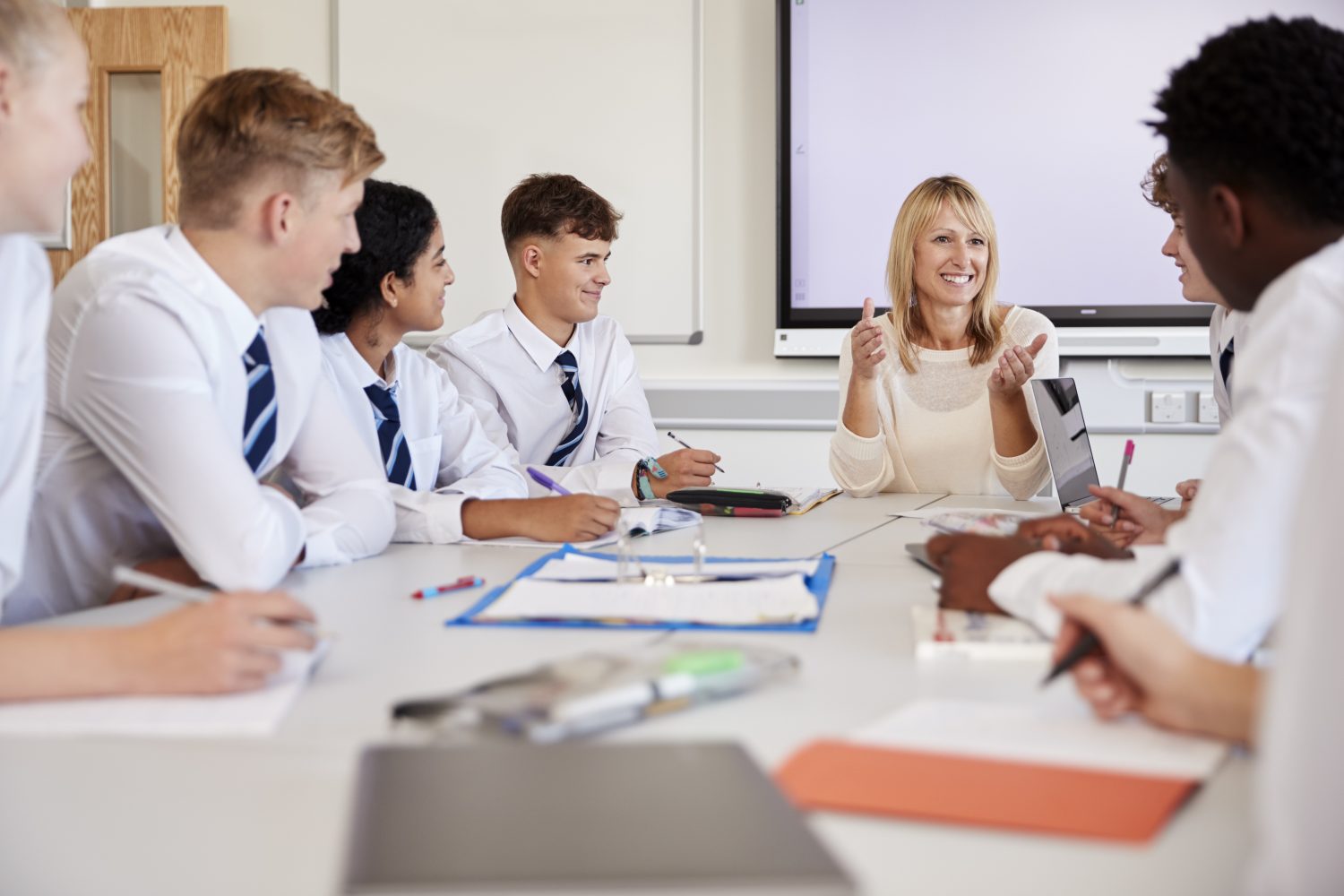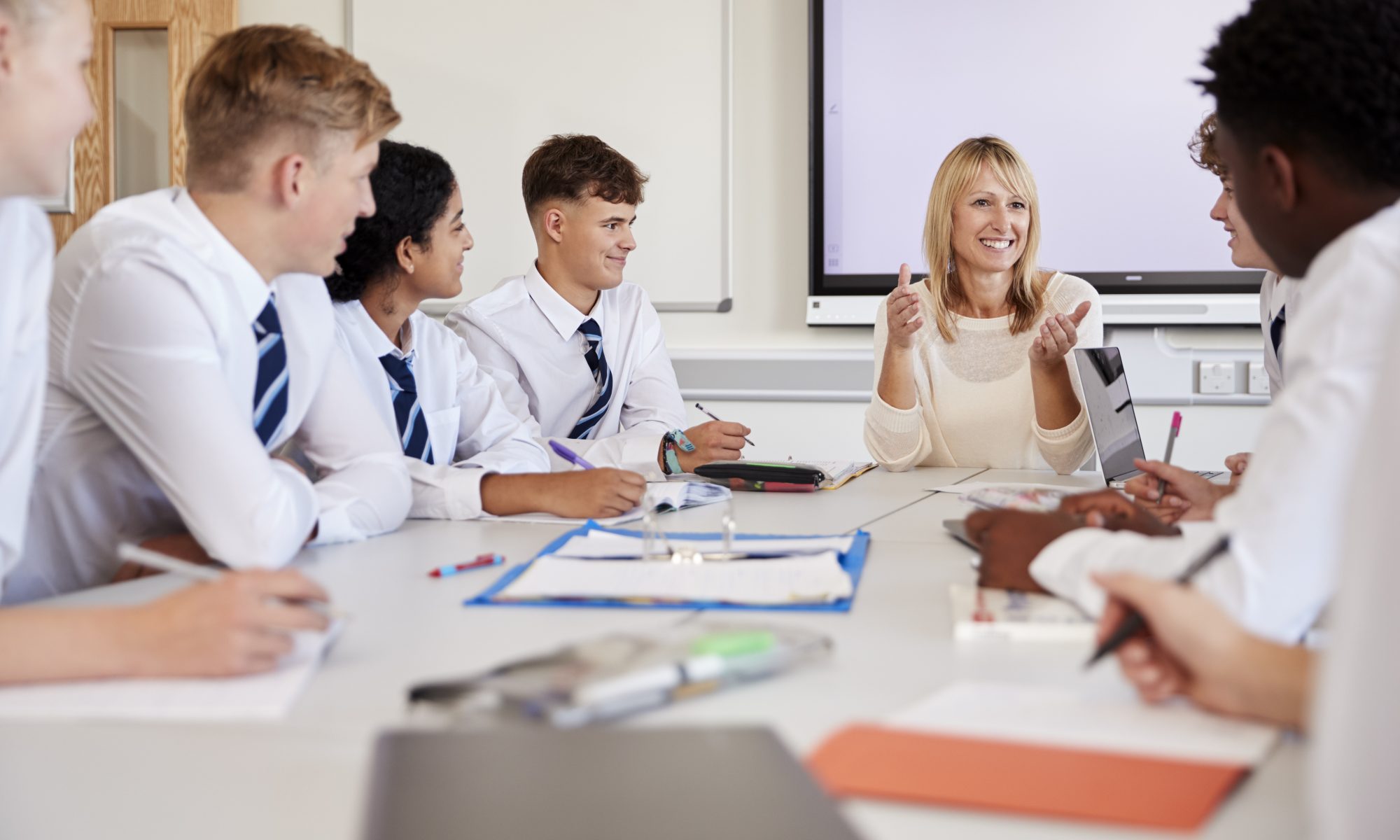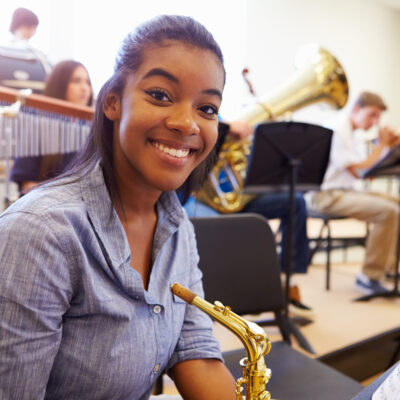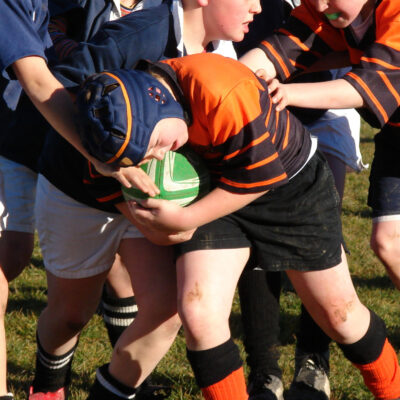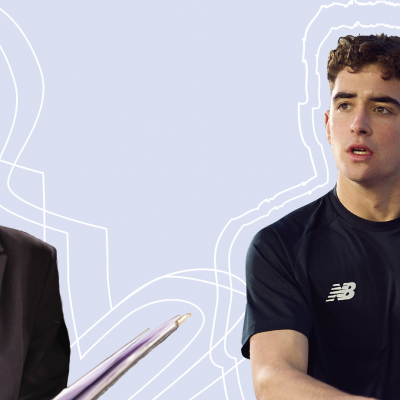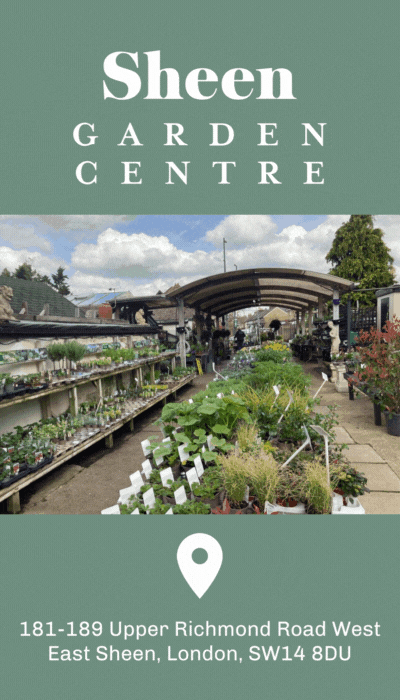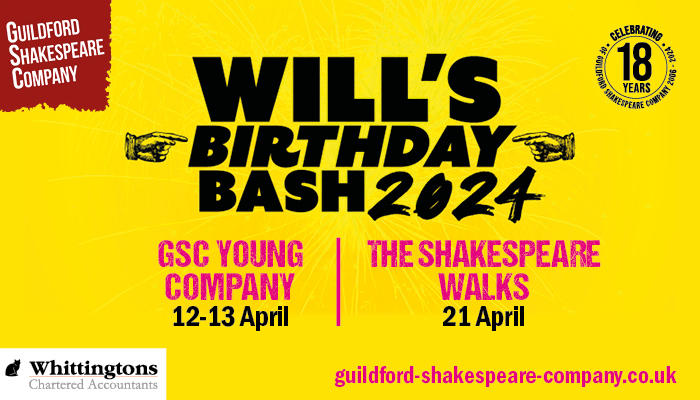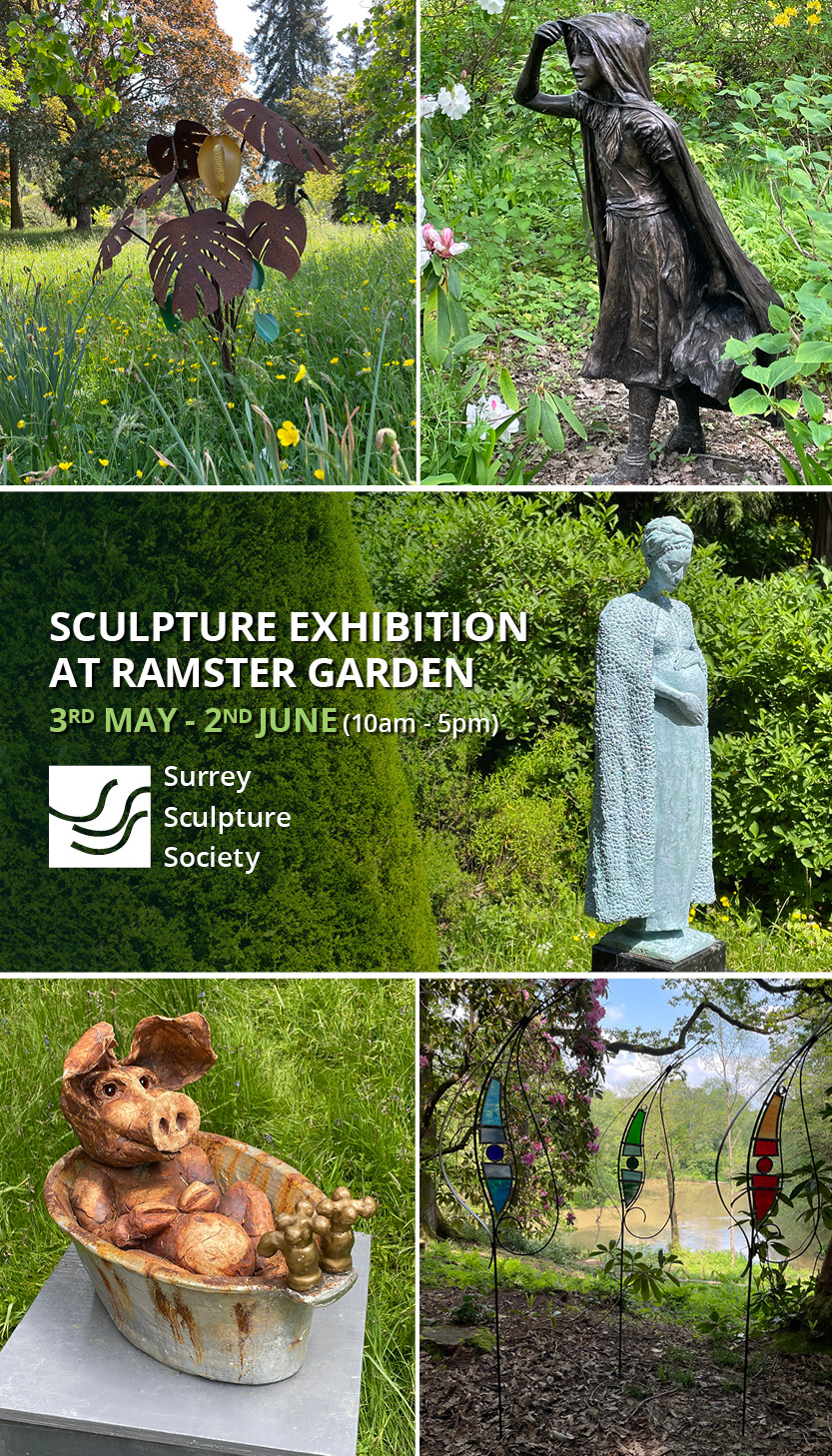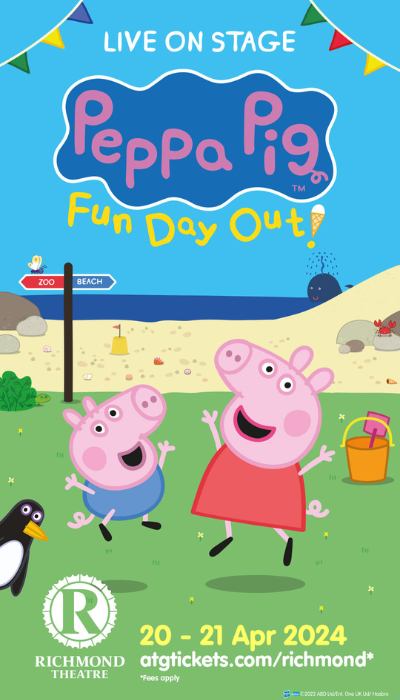As I write this, we have no idea where the country will be heading this autumn, and whatever your political views, you’ll probably agree that this is a time of greater uncertainty than most of us have seen before.
Discussing national events over the summer, I’ve heard several young professionals bemoan the fact that they feel completely illiterate about how our democracy is set up and how national economies work. It’s not just that they don’t understand obscure things like quantitative easing or the prorogation of Parliament, but that they don’t even know what select committees do, or who sets the national interest rate. Their schooling didn’t encompass politics and economics, so they are scrabbling to get their heads round the things they now need to know in order to take informed decisions.
Over many years as an education correspondent, I visited primary schools teaching basic money matters to five year olds, and secondary-level schools engaging teenagers in Parliamentary-style debates, and was always struck by how enthusiastically children engaged with ‘real life’ learning. They could see the point. They knew it mattered to them.
But I also visited less successful projects where teachers struggled to teach dry facts about local government and international trade agreements while students yawned and watched flies buzzing at the windows.
“It’s absolutely vital that everyone has enough knowledge and understanding to make up their own mind about decisions of the day”
Citizenship lessons are compulsory in state secondary schools (although not in academies), and can be offered by primary schools. The subject has been set up to teach pupils about how our government works, the rule of law, and the role of institutions and voluntary groups in running society, as well as about citizens’ rights and about international bodies such as the United Nations. This all sounds quite good, except that things on the ground are so patchy and poor that a House of Lords education committee last year described citizenship education as being in a “parlous state”.
All sorts of things get in the way of it, including a shortage of trained teachers and the way in which the subject has recently got tangled up with the government’s drive to counter extremism among young people.
Meanwhile, schools are being urgently asked to increase their personal and social education, to help counter the huge rise in mental health problems among children, and there isn’t enough time and money – or enough good teachers – for them to do everything that is being asked.
And although some independent schools do a terrific job in this area, the overall picture in private schools is also patchy.
Yet history teaches us that democracies can crumble, and that the rule of law can be broken. So in a time of economic and political upheaval, when it is also becoming harder to figure out what is true and what is not, it’s absolutely vital that everyone has enough knowledge and understanding to make up their own mind about decisions of the day.
You may be lucky and have your children in a school that offers good citizenship education, but if not, it’s important to try to fill the gap. Talk about the issues of the day with them. Discuss the news when it comes on the TV or radio. Explain what your views are and why other people feel differently. Talk about the economy, elections, how laws work, and what the police and courts do. Obviously you can only do this at a level that’s right for their age, but even very young children can have a surprisingly sophisticated grasp of how hard it is for groups of people to get along together, and how there always have to be rules and customs and compromises to keep things running smoothly.
TEST
